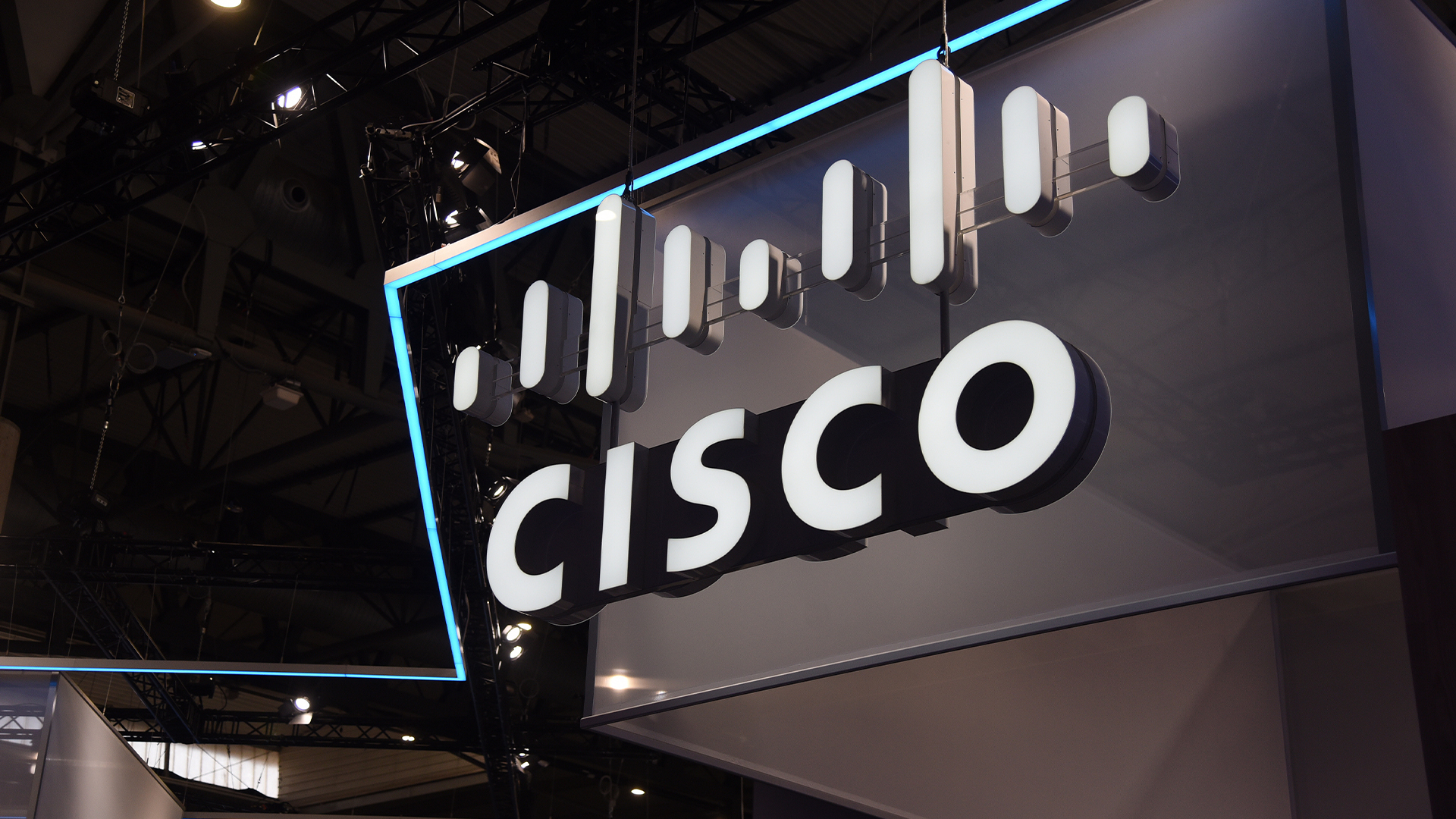Hackers are using a ChromeLoader exploit to set up fake companies and malware-ridden websites
Code-signing and malvertising are being used to guide victims to well-designed websites that offer seemingly legitimate tools like PDF readers and converters


A large ChromeLoader campaign that uses valid 'code-signing' certificates to bypass Windows security policies has been identified by an HP Wolf Security report.
Threat actors using the ChromeLoader exploit may also be setting up fake companies in a bid to validate certificates for bogus PDF reader websites, the report noted. In signing the installation file with valid code signing certificates, the attackers are making malware more difficult to detect.
Here, they can target a broader pool of potential victims by delivering the malware inside fake software installers associated with popular search engine keywords, such as PDF conversion tools, household appliance manual readers, and other types of guides.
These campaigns also use 'malvertising' to guide victims to well-designed websites that offer seemingly legitimate tools like PDF readers and converters.
Once the infected site is visited, the attackers can then take over their victim's browsers, allowing them to redirect searches to attacker-controlled sites. With the code-signed certificate, the installation is not blocked by AppLocker security policies, and no warning is shown to the user.
HP's report theorizes that the code-signed certificates were either stolen from legitimate companies or that threat actors have set them up with generative AI tools for the sole purpose of obtaining valid code-signing certificates.
"Based on the script structure, consistent comments for each function, and the choice of function names and variables, we think it's highly likely that the attacker used gen AI to develop these scripts," HP Wolf's report noted. "The activity shows how gen AI is accelerating attacks and lowering the bar for cybercriminals to infect endpoints."
Sign up today and you will receive a free copy of our Future Focus 2025 report - the leading guidance on AI, cybersecurity and other IT challenges as per 700+ senior executives
ChromeLoader underlines the growing threat of 'code signing'
A compromised certificate tells machines that software is safe, which allows it to be installed and run without raising any alarms. Under normal circumstances, if malicious software is detected, the machine would block the installation but the valid certificate, even with its malicious code, is treated as safe.
Against the backdrop of new AI attack methods, this abuse of code is creating cause for alarm, according to Kevin Bocek, the chief innovation officer at Venafi.
"Code signing certificates are incredibly powerful machine identities, and their misuse by attackers is a growing concern," said Bocek.
"If stolen – or fraudulently obtained – attackers can use them to distribute malware under a trusted name, making attacks like the ChromeLoader campaign identified by HP especially hard to stop."
Code signing has been used to great effect in several high-profile cases, such as the Nvidia certificate leak of 2022 and the SolarWinds breach, where code-signed malware was installed on millions of machines causing mass global disruption.
The latter was discussed at length in the ITPro Podcast.
Hackers target machine identities because they authenticate and authorize code, containers, and applications to connect and run. As cloud native technologies grow and more developers use tools like AI coding assistants, the need to secure machine identities like code signing certificates will become more urgent, according to Bocek.
He suggests that experts are calling for a control plane for machine identity that brings together protection across a business from code signing to Transport Layer Security (TLS) certificates.
"Neglecting this advice leaves companies dangerously exposed," Bocek added.
Bobby Hellard is ITPro's Reviews Editor and has worked on CloudPro and ChannelPro since 2018. In his time at ITPro, Bobby has covered stories for all the major technology companies, such as Apple, Microsoft, Amazon and Facebook, and regularly attends industry-leading events such as AWS Re:Invent and Google Cloud Next.
Bobby mainly covers hardware reviews, but you will also recognize him as the face of many of our video reviews of laptops and smartphones.
-
 AWS just quietly increased EC2 Capacity Block prices – here's what you need to know
AWS just quietly increased EC2 Capacity Block prices – here's what you need to knowNews The AWS price increases mean booking GPU capacity in advance just got more expensive
-
 Accenture acquires Faculty, poaches CEO in bid to drive client AI adoption
Accenture acquires Faculty, poaches CEO in bid to drive client AI adoptionNews The Faculty acquisition will help Accenture streamline AI adoption processes
-
 Chinese hackers are using ‘stealthy and resilient’ Brickstorm malware to target VMware servers and hide in networks for months at a time
Chinese hackers are using ‘stealthy and resilient’ Brickstorm malware to target VMware servers and hide in networks for months at a timeNews Organizations, particularly in the critical infrastructure, government services, and facilities and IT sectors, need to be wary of Brickstorm
-
 The Scattered Lapsus$ Hunters group is targeting Zendesk customers – here’s what you need to know
The Scattered Lapsus$ Hunters group is targeting Zendesk customers – here’s what you need to knowNews The group appears to be infecting support and help-desk personnel with remote access trojans and other forms of malware
-
 Shai-Hulud malware is back with a vengeance and has hit more than 19,000 GitHub repositories so far — here's what developers need to know
Shai-Hulud malware is back with a vengeance and has hit more than 19,000 GitHub repositories so far — here's what developers need to knowNews The malware has compromised more than 700 widely-used npm packages, and is spreading fast
-
 The US, UK, and Australia just imposed sanctions on a Russian cyber crime group – 'we are exposing their dark networks and going after those responsible'
The US, UK, and Australia just imposed sanctions on a Russian cyber crime group – 'we are exposing their dark networks and going after those responsible'News Media Land offers 'bulletproof' hosting services used for ransomware and DDoS attacks around the world
-
 Europol hails triple takedown with Rhadamanthys, VenomRAT, and Elysium sting operations
Europol hails triple takedown with Rhadamanthys, VenomRAT, and Elysium sting operationsNews The Rhadamanthys infostealer operation is one of the latest victims of Europol's Operation Endgame, with more than a thousand servers taken down
-
 Hackers are using these malicious npm packages to target developers on Windows, macOS, and Linux systems – here’s how to stay safe
Hackers are using these malicious npm packages to target developers on Windows, macOS, and Linux systems – here’s how to stay safeNews Security experts have issued a warning to developers after ten malicious npm packages were found to deliver infostealer malware across Windows, Linux, and macOS systems.
-
 Cisco ASA customers urged to take immediate action as NCSC, CISA issue critical vulnerability warnings
Cisco ASA customers urged to take immediate action as NCSC, CISA issue critical vulnerability warningsNews Cisco customers are urged to upgrade and secure systems immediately
-
 Hackers are disguising malware as ChatGPT, Microsoft Office, and Google Drive to dupe workers
Hackers are disguising malware as ChatGPT, Microsoft Office, and Google Drive to dupe workersNews Beware of downloading applications like ChatGPT, Microsoft Office applications, and Google Drive through search engines
